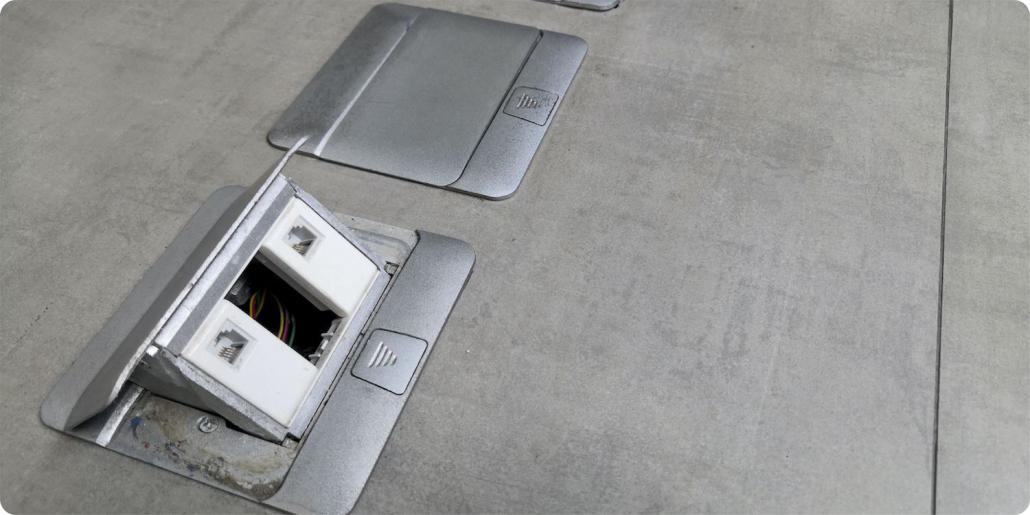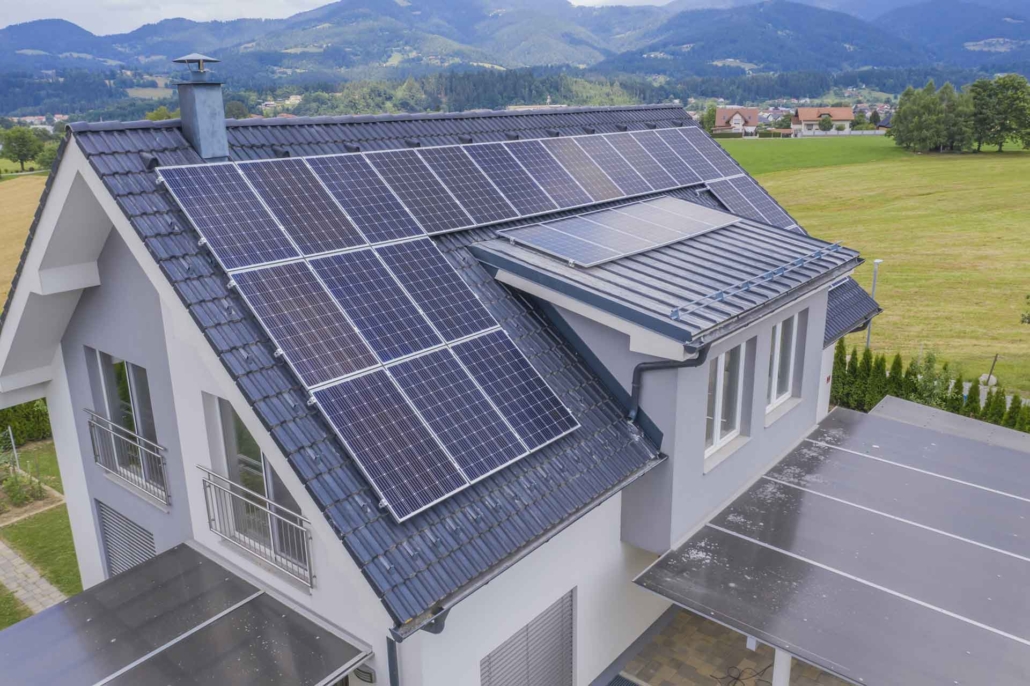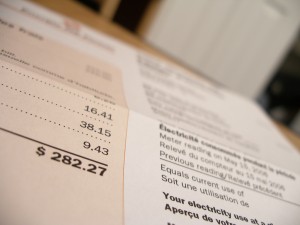This week, we thought we’d step out of the box a bit and bring you up to speed on a new and exciting advancement in the area of electrical science that will interest both young and old: electric cars.
The electric car revolution is truly upon us. What once seemed a far-fetched dream for hippies is now slowly starting to become a reality, as the market for low-emission vehicles is set to top 100 billion dollars for the very first time in 2017. That being said, there are still plenty of people who are skeptical about electric cars, mostly because of their misplaced belief in outdated myths and cliches. So let’s debunk some of the half-truths that still persist about electric cars and see why there’s never been a better time to jump on the electric car bandwagon:
1. Electric cars aren’t safe
While once upon a time electric cars couldn’t hold a candle to regular vehicles when it came to safety. The tides certainly have turned in the last few years. The Nissan LEAF, for instance, managed to earn a coveted five-star safety rating in both European and American crash tests. What’s more, modern electric cars come with all the safety amenities you’d expect, including ABS brakes, electronic stability control and airbags, making them every bit the equivalent of their petrol and diesel-dependent brethren.
2. Charging them is a pain in the rear
Electric cars can be plugged into your household power sockets, the same you would use to power up a TV or refrigerator. This makes it easy to simply let them recharge at home or at work during periods when you’re not using them. Charge times have also been steadily reduced as battery design has improved. A medium pure electric car will still take between six and eight hours to fully charge, but PHEVs and EREVs are much quicker due to their smaller batteries. Alternatively, you can use rapid charging points, which charge your car to 80% capacity in about 30 minutes.
3. Their driving range is insufficient
While they still can’t compare to fuel-based vehicles in this respect, electric cars have been gaining ground as far as driving range goes. Nowadays, a new electric car can travel about 100 miles before getting depleted. This may not seem like much at first sight but it is still more than enough to handle the vast majority of daily rides, including commuting to and from work and handling the shopping duties. Extreme temperatures can degrade battery performance, but recent electric car models help mitigate this by regulating their battery temperature.
4. They’re too expensive
All in all, electric cars require a higher initial investment than traditional cars, there’s no doubt about it. But they also allow you to make considerable savings over the long run, owing to the fact that charging an electric car is much cheaper than replenishing a fuel-based vehicle. Then there are the government incentives that aim to reward electric car drivers by offering cash rebates and tax exemptions. Make sure you familiarize yourself with the local laws in your area in order to find out which privileges you may qualify for.
Sure enough, electric cars are now making a real dent in the automobile industry. With steadily growing numbers across the world, it’s only a matter of time until technological advancements and lower prices turn the electric car into the vehicle of choice for the discerning motorist. The future’s has arrived, and it’s electrifying.
Penna Electric proudly serves Lawndale, CA and surrounding areas with top-notch electrical service at an affordable price. Check out our website or give us a call today and let us take care of your electrical needs the Penna way.





